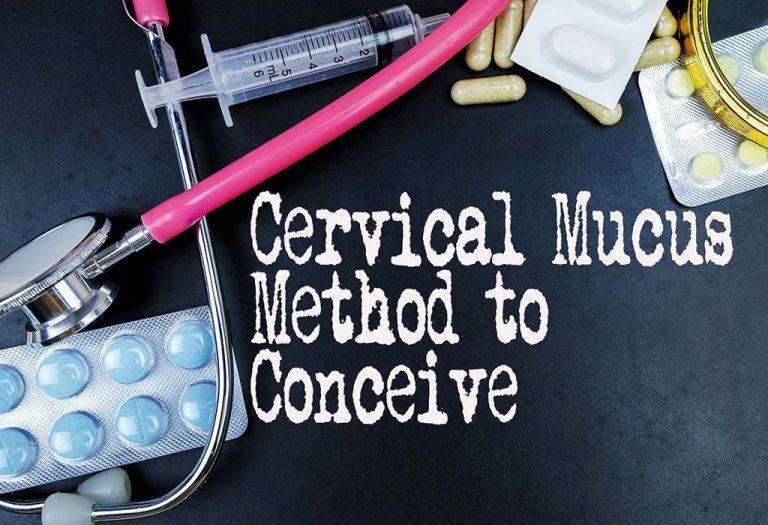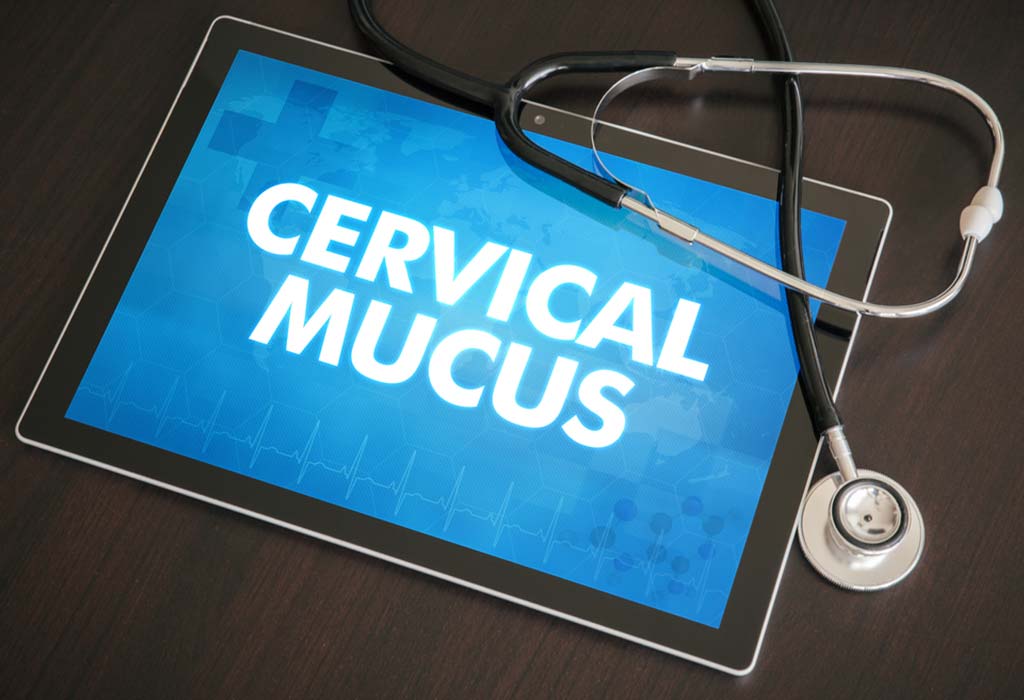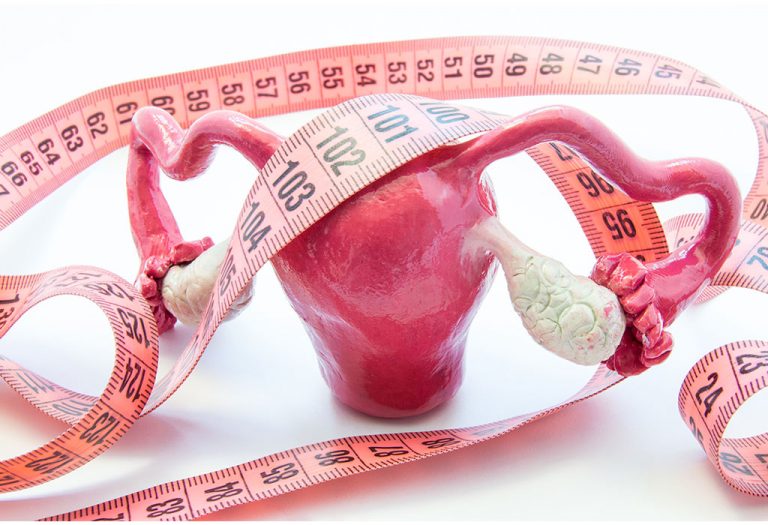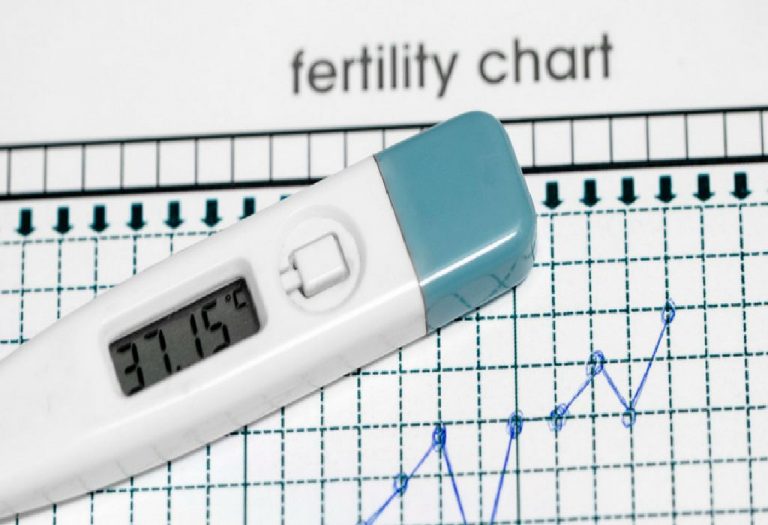Cervical Mucus Hostility – Causes and Treatment

Cervical mucus is very important for conception, as it helps sperm travel and survive in the reproductive tract. It is sometimes referred to as egg white cervical mucus due to its stretchy, fertile consistency. Some birth controls prevent pregnancy by drying up cervical mucus, creating a barrier that sperm cannot penetrate. Cervical mucus hostility is a condition where the mucus becomes too thick or acidic, making it difficult for sperm to reach the egg. Maintaining healthy cervical mucus is essential for fertility, and factors like hydration, diet, and hormonal balance can influence its quality.
What Is Cervical Mucus and Its Role in Getting Pregnant?
Cervical mucus is produced in the cervix which is present at the opening of the womb. It changes over the course of the cycle because of hormones.
So can you get pregnant without cervical mucus? No, because cervical mucus creates the ideal environment for the semen to thrive and move freely and is very essential in achieving pregnancy. Right before ovulation starts, there will be an increase in the cervical fluids and they, in their consistency, become like raw egg whites. When the cervical mucus is in this form, they help in nourishing the sperm cells and increase their capability to move through the cervical canal (1).
This process can be impeded if there is any problem with the cervical mucus and will cause problems in getting pregnant.
It is estimated that cervical mucus hostility is the reason for 3-8 per cent of the infertility cases in females.
What Is Cervical Mucus Hostility?
Here’s the hostile cervical mucus meaning. There are cases when the cervical mucus in a woman will start attacking and killing the sperm before it reaches the egg. This condition is called cervical hostility.
Any problems with a woman’s cervical mucus might interfere with the chances of getting pregnant. If the case is mild, then the time to get pregnant will increase, and it may not cause infertility. Serious problems with cervical mucus will cause infertility and might require treatments and hormonal support. When these problems become the reason, it is referred to as hostile cervical mucus. Hostile cervical mucus can also be referred to problems with vaginal secretions that are highly acidic, severe vaginal dryness, or even to other immunological problems.
What Causes Cervical Mucus Hostility?
The term cervical mucus hostility can refer to many problems related to cervical fluids. The most common reasons are:
1. Thick, Sticky, or Dry Mucus
These conditions mostly occur due to an imbalance in the hormones and frequently with problems in ovulation. When the consistency of the cervical mucus is thick, the motility of the sperm will interfere. Side effects of some medications could be a reason for this condition.
2. Acidic Mucus
A highly acidic mucus is hostile to the sperm. A reason for this condition is hormonal irregularities which can interfere with the natural pH balance. Yeast or bacterial infection may also result in high acidity (2).
3. Inflammatory Cells
These cells develop as a response to infections. When these cells are produced in the cervix or vagina, they start targeting the sperm and actively kill them.
4. Anti-sperm Antibodies
These antibodies are defensive proteins. They are generated by the immune system of the body in response to an infection in the past where sperm was either involved or was actively present. While this condition is less common, they will still attack the sperm and kill them.
How Does Cervical Mucus Hostility Affect Your Fertility?
Cervical mucus hostility can significantly reduce fertility by preventing conception, even if ovulation occurs normally. Below are some key factors that can affect fertility:
1. Medication Side Effects
The quality of cervical mucus can decrease due to some medications. They might also dry up the mucus (3). Drugs taken for a short period of time usually do not cause any problems.
2. Clomifene
This medication is usually meant to help with pregnancy, but in some cases, it could also cause problems. Not every woman taking this drug experiences problem with the quality of cervical mucus. When higher doses of Clomifene are taken, it increases the chances of having problems (4). It is best to mention to the doctor if the lack of fertile cervical mucus or vaginal dryness is noticed when taking Clomifene. To help with this side effect, an estrogen suppository may be prescribed by the doctor. If Clomifene is found to be unsuccessful and does not help in pregnancy or the side effects are the problem, then the doctor might prescribe gonadotropin injectables. Though they have other side effects and risks, they will not dry up the cervical mucus.
3. Age
Lesser days of cervical mucus are seen as a woman gets older. Fertility decreases with age, and one way of the fertility getting affected is because of the changes in the quantity and quality of the mucus. During the 20s, quality cervical mucus can be seen for around five days. But during the 30s and 40s, cervical mucus can be seen for one or even two days. Sometimes, they may never become raw egg whites and might always remain at the watery stage. Can you get pregnant without egg white cervical mucus? The answer is no because they are needed for the sperm to swim and survive from the cervix to the uterus and finally into the fallopian tubes. The consistency changes from person to person, and there is no accurate way of predicting the number of days of quality mucus of a woman only based on her age.
When the number of days of high-quality mucus is higher, the chances of getting pregnant are better. Therefore, even when there are only one or two days of fertile cervical mucus, it is still possible to get pregnant.
4. Douching
Valuable cervical mucus that is needed for getting pregnant is washed away during vaginal douching. Good bacteria are also washed away which might lead to vaginal infection. An unpleasant vaginal odour could be a sign of a vaginal infection. Many medications for yeast infection might cause discomfort and irritation. Bacterial infections could be a reason for strong vaginal odours and treating it is important for fertility and overall health.
5. Being Underweight
The increase of cervical mucus that precedes ovulation is caused by the hormone estrogen. Exercising regularly will help if you are underweight, or you may have low estrogen levels if you are a professional athlete (5). This will help in the increase of more fertile cervical mucus and will also help with ovulation problems.
6. Hormonal Imbalance
Hormonal imbalance could be a reason for the lack of production of the cervical mucus. There is a reduction in fertile cervical mucus if ovulation does not take place properly. It is also possible not to be ovulating at all but have an excess amount of fertile cervical mucus. It depends on the causes of ovulation problems.
How to Treat Cervical Mucus Hostility to Get Pregnant?
Treatment for cervical mucus hostility can be based on the contributing factors and causes. They may be:
- Antifungal or antibiotics can be used for the treatment of any cervical or vaginal infection.
- Mucus hostility may be caused due to higher doses of Clomifene. So changing or lowering the treatment can be done.
- The quality and production of cervical mucus can be improved by a short-term prescription of ethinyl estradiol which a synthetic estrogen.
- Though improvement of fertility is questionable, taking a cough remedy which has guaifenesin is known to lessen the thickness of cervical mucus.
- If there are no signs of anti-sperm antibodies and other infections, fertility-friendly lubricants can be used.
- Bypassing of the cervix can be done with intrauterine insemination (6).
If you suspect fertility issues, your doctor may recommend a hostile cervical mucus test to evaluate whether your cervical fluid is creating a barrier for sperm survival. If infertility persists and all the treatment efforts are unsuccessful then in vitro fertilization can be explored.
How to Treat Cervical Mucus Hostility at Home?
Cervical mucus hostility can make conception difficult by creating an environment that is too thick, acidic, or inhospitable for sperm. While medical treatments are available, certain natural approaches may help improve mucus quality at home. Here are seven effective ways to support fertile cervical mucus and boost fertility naturally.
1. Stay Hydrated
Drinking plenty of water helps maintain thin, stretchy cervical mucus, which is essential for sperm transport. Dehydration can make mucus thicker and less sperm-friendly, so aim for at least 8-10 glasses of water daily. Herbal teas and water-rich fruits like watermelon can also contribute to your fluid intake. Avoid excessive caffeine and alcohol, as they can lead to dehydration and negatively impact mucus quality.
2. Increase Healthy Fats
Omega-3 fatty acids (found in flaxseeds, chia seeds, and fatty fish) support hormone balance and mucus production, promoting more fertile-quality discharge. Avoid trans fats found in processed foods, which can negatively impact fertility by causing inflammation. Incorporating avocado, olive oil, and nuts into your diet can also provide the healthy fats needed for optimal reproductive health.
3. Consume Fertility-Boosting Foods
Foods like leafy greens, citrus fruits, and almonds provide vitamins C and E, which support cervical mucus quality and overall reproductive health. Pineapple (especially the core) contains bromelain, an enzyme that may help with implantation by reducing inflammation. Adding probiotic-rich foods like yogurt and kefir can also support vaginal health, creating a more favorable environment for conception.
4. Avoid Douching & Harsh Soaps
Douching disrupts the natural pH balance and washes away fertile mucus, making it harder for sperm to survive. Use mild, fragrance-free cleansers to maintain a healthy vaginal environment and avoid products with chemicals that can cause irritation. The vagina is self-cleaning, so plain water is usually sufficient for hygiene. If you notice unusual discharge or odour, consult a healthcare provider instead of self-treating with douches.
5. Manage Stress Levels
Chronic stress can disrupt hormones, including estrogen, which plays a key role in mucus production. Try yoga, meditation, or deep breathing exercises to reduce stress and support hormonal balance. Even gentle activities like walking or journaling can help lower cortisol levels, potentially improving cervical mucus quality over time.
6. Use Preseed or Fertility-Friendly Lubricants
Regular lubricants can harm sperm motility, but fertility-friendly options mimic natural cervical mucus and support sperm movement (7). Apply it during your fertile window to create a more hospitable environment for conception. Avoid petroleum-based or spermicidal lubricants, as they can further contribute to cervical mucus hostility.
7. Track Your Cycle & Mucus Changes
Monitor cervical mucus daily to identify fertile patterns and time intercourse accordingly. If hostility persists despite home treatments, consult a fertility specialist for further evaluation, as underlying issues like hormonal imbalances or infections may need medical intervention. Keeping a fertility chart or using ovulation apps can help you recognise patterns and optimise your chances of conception.
FAQs
1. Can certain sexual positions improve cervical mucus quality?
While sexual positions don’t directly affect cervical mucus production, some (like missionary or positions with pelvic elevation) may help sperm reach the cervix more efficiently. Staying lying down for 15-30 minutes after intercourse may also help sperm navigate through hostile mucus. However, the key factor remains mucus quality itself—focus on hydration, diet, and hormonal balance for improvement.
2. Does acupuncture help with cervical mucus hostility?
Some studies suggest acupuncture may improve cervical mucus by enhancing blood flow to reproductive organs and balancing hormones. While not a guaranteed fix, regular sessions combined with fertility-friendly lifestyle changes could support mucus quality. Always consult a licensed practitioner experienced in fertility acupuncture.
3. Can wearing certain fabrics like polyester underwear worsen cervical mucus quality?
Emerging research suggests synthetic fabrics may create a warmer, less breathable environment that could potentially alter vaginal pH and mucus composition. Some holistic practitioners recommend 100% cotton underwear to maintain optimal vaginal ecology, though direct studies on cervical mucus impacts are limited. The theory is that reduced airflow might contribute to a more hostile reproductive environment.
If you’re experiencing hostile cervical mucus symptoms like thick, sticky, or scant discharge, it may indicate fertility challenges that require attention. Though it is common among infertile women, cervical mucus hostility is mostly one of the last things that is tested for an infertile woman. If your doctor is unable to find any other causes for your inability to get pregnant, you should consider checking for this problem.
References/Resources:
1. National Library of Medicine – Role of cervical mucus in human infertility
2. ResearchGate – Cervical Hostility and Vaginal pH in Females with Unexplained Infertility
3. National Library of Medicine – Impact of allergic diseases on fertility
4. National Library of Medicine – Clomiphene
5. American College of Obstetricians and Gynecologists – FAQs: Evaluating Infertility
7. American Pregnancy Association – Cervical Mucus and Early Pregnancy
Also Read:
Cervical Mucus and Pregnancy
Does Cervical Cancer Affect Fertility
Cervical Mucus to Detect Ovulation
Was This Article Helpful?
Parenting is a huge responsibility, for you as a caregiver, but also for us as a parenting content platform. We understand that and take our responsibility of creating credible content seriously. FirstCry Parenting articles are written and published only after extensive research using factually sound references to deliver quality content that is accurate, validated by experts, and completely reliable. To understand how we go about creating content that is credible, read our editorial policy here.




































